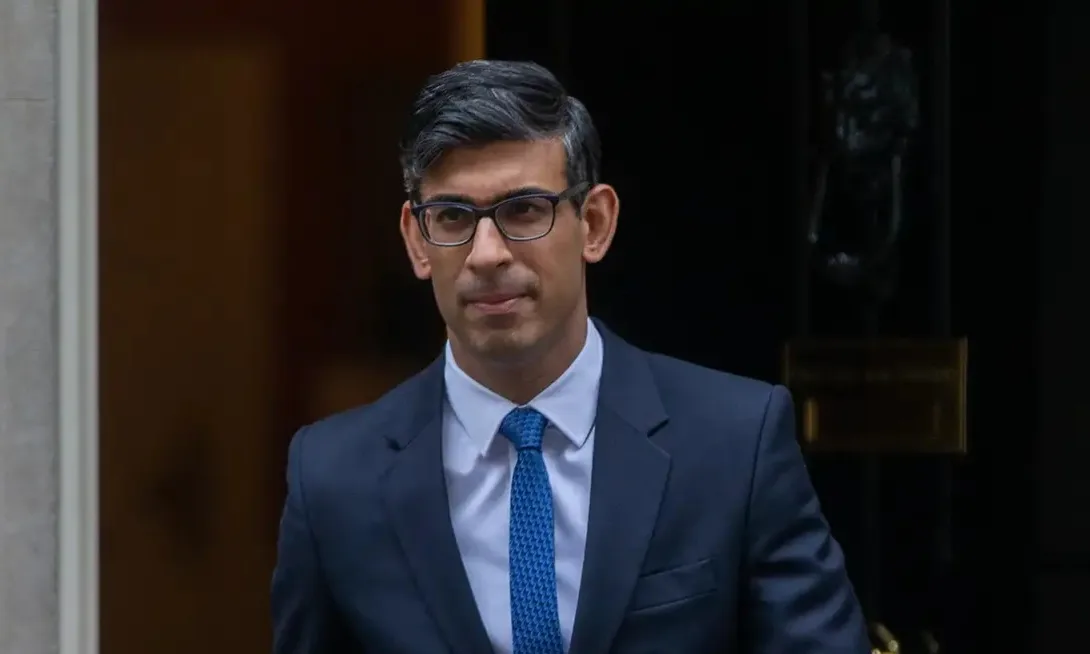London, May 03, 2024, The Europe Today: In a notable turn of events, the opposition Labour Party in the United Kingdom has secured a series of victories over the governing Conservatives, marking a significant shift in the political landscape. The Labour Party managed to gain control of several councils and clinched the only constituency seat up for grabs, delivering a blow to Prime Minister Rishi Sunak and his Conservative government.
The key victory for Labour came with the acquisition of the Blackpool South constituency in the northwest of England, a significant win as it falls within the renowned “Red Wall” of traditionally Labour-held seats. The seat was previously under the Conservatives’ grasp since the 2019 general election, where they managed to flip many Labour strongholds. Labour’s Chris Webb emerged victorious with an impressive 26.3% swing away from the Tories, marking one of the most substantial by-election shifts from Conservatives to Labour since World War II.
The repercussions of these losses for Prime Minister Rishi Sunak are profound, particularly as they underscore the challenges his government faces ahead of an impending general election. With Labour making strides in local council seats and securing a critical constituency, Sunak’s position appears increasingly precarious.
Furthermore, the electoral landscape reflects a broader trend of discontent among voters, as evidenced by the Conservatives’ 11th by-election loss since Boris Johnson’s landslide victory in 2019. Sunak, who succeeded Liz Truss, faces mounting pressure as his tenure witnesses successive setbacks in electoral contests.
Of particular concern for Sunak is the emergence of the fringe far-right Reform UK party, which garnered significant support in the Blackpool South by-election, posing a potential threat to the Conservative voter base. The party’s unprecedented performance signals a fragmentation of the right-wing vote, further complicating matters for Sunak and his party.
Conversely, the Labour Party finds encouragement in its resurgence, reclaiming control of councils it hasn’t led for decades and making significant gains in various electoral contests. Labour leader Keir Starmer hailed the victory in Blackpool South as a resounding message from voters demanding change, underscoring the electorate’s dissatisfaction with the Conservative government’s policies.
While London’s Labour Mayor Sadiq Khan is poised for a historic third term victory, the party aims to capitalize on its momentum by targeting mayoral contests in key Conservative-held regions. Success in areas like the West Midlands and the Tees Valley would bolster Labour’s prospects of securing victory in the upcoming general election, positioning Starmer as a formidable contender for the prime ministerial role.
However, Labour’s triumphs are tempered by disappointing results in areas with substantial Muslim populations, such as Oldham, where the party’s candidates faltered amidst criticism of Starmer’s perceived pro-Israel stance in the Gaza conflict. These challenges underscore the complexities of navigating diverse voter demographics and the nuances of international affairs within the domestic political landscape.
As the political arena continues to evolve, the outcome of these elections serves as a barometer of public sentiment, shaping the trajectory of the UK’s political landscape in the lead-up to a pivotal general election.


